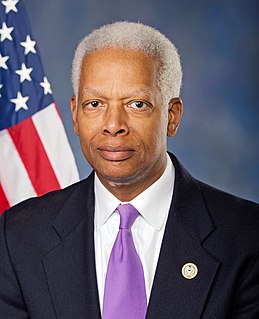A Quote by Ruth Reichl
The American government policy on what we supported and subsidised in agriculture was a social experiment on a whole generation of children.
Related Quotes
For my generation the relationship with Europe was the central point of American foreign policy. Even during my time in government there was disagreement, sometimes very strong disagreement. But they were all like arguments within a family. I am not sure if the generation which doesn't have these experiences has the same view of things.
The American experiment is not a theocracy and does not establish an official religion, but the Declaration of Independence and the Constitution of the United States are rooted in a Christian perspective of the nature of government and the nature of man. The challenge of the next millennium will be to preserve the American experiment by restoring its Christian perspective.
A dramatic unwinding of that relationship [between USA and China], by way of an aggressive trade policy, is one of the nightmare scenarios for the global economy as a whole, because it would result in a spiraling depreciation of the dollar, a surge in American interests rates, a collapse in the market for American government debt.
You can be entrepreneurial even if you don’t want to be in business. You can be a social entrepreneur focused on the not-for-profit sector. You can be an agriculture entrepreneur if you want to change how people think about farming. You can be a policy entrepreneur if you want to go into government. The idea of an entrepreneur is really thinking out of the box and taking risks and stepping up to major challenges.
Whether the struggle was between English merchants and the American colonies, pre Civil War northern manufacturers vs. southern slave holders, or American grain farmers and auto manufacturers seeking advantage in the Mexican agriculture and labor markets in the 1990s, U.S. policy has reflected the economic clash of interests of the day.








































